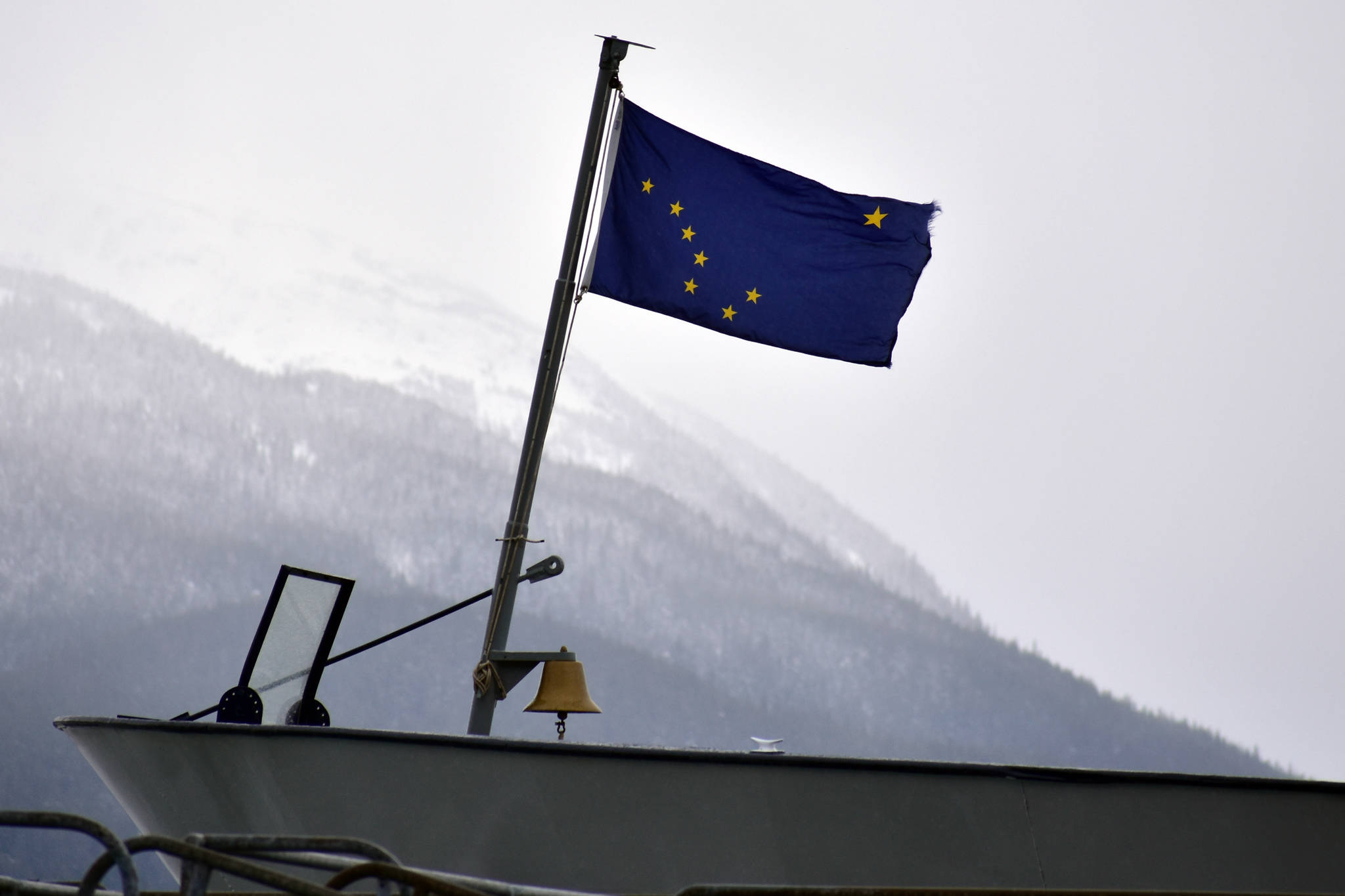ANCHORAGE— The Alaska Legislature has approved a $66.7 million budget appropriation that lawmakers said should keep the Alaska Marine Highway System running for the year.
Legislators increased the operating budget for the state’s ferry service by around $20 million over the previous year, CoastAlaska reported Monday.
An estimated 42% of the overall $122 million ferry budget is expected to come from ticket sales for passengers, vehicles and freight.
The appropriation should guarantee at least one ferry is available as relief if another vessel breaks down, said Sen. Bert Stedman, R-Sitka.
“So we don’t face again what we faced this winter, which was no service at all,” Stedman said. He called that situation “totally unacceptable.”
The budget adds another $19 million for repairing the ferry Aurora, which is laid up because of cost-cutting, and adding crew quarters to either the Hubbard or Tazlina to extend their ranges.
The two ships are the system’s newest, known as Alaska Class Ferries. But as currently configured, they serve as relatively short-range day trip boats.
“The intent of the legislature is to keep the Aurora,” Stedman said. “We support crew quarters to make the Alaska Class Ferries more versatile.”
The operating budget includes about $16 million more than Republican Gov. Mike Dunleavy proposed, which should provide about 25% more service, according to Department of Transportation figures.
Dunleavy proposed a $49.9 million ferry service appropriation in the budget he submitted in December, which was an increase over the $46 million approved by the Legislature in May 2019.
Cuts to the system’s budget have been compounded by maintenance and other issues, prompting the Alaska Department of Transportation to contract with private companies to transport people on smaller catamarans with no vehicles or heavy freight were allowed.
Rep. Dan Ortiz, I-Ketchikan, said the Legislature wants to bring stability back to the state’s ferry network.
“I think we’ve put the marine highway system in the place where they should be able to provide adequate service throughout the system,” Ortiz said. “As long as the governor doesn’t veto those monies.”
A veto remains among Dunleavy’s options. A $250,000 study commissioned by the governor found that privatizing the ferries is not feasible. He appointed a working group to recommend ways to cut costs.
• This is an Associated Press Report.

